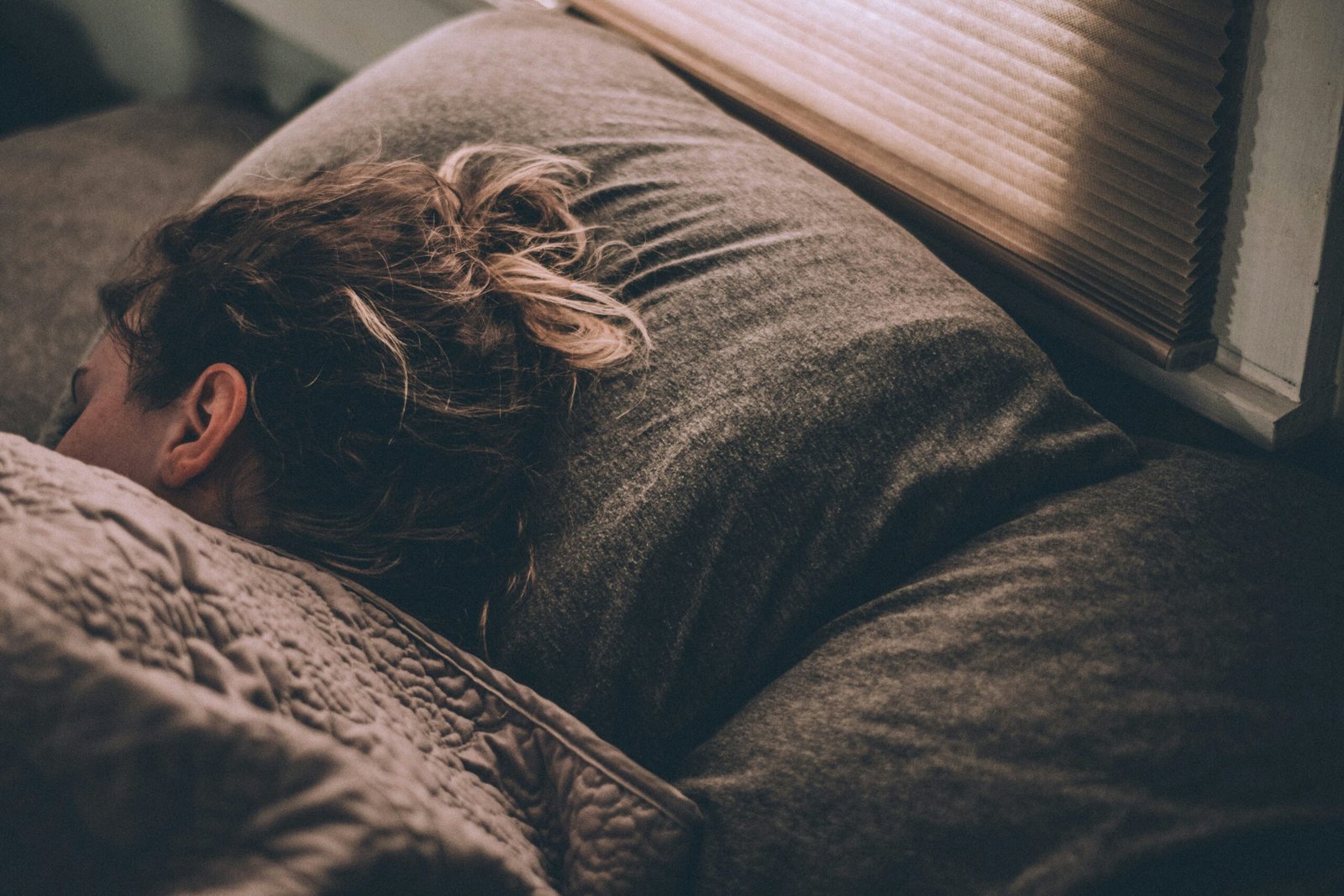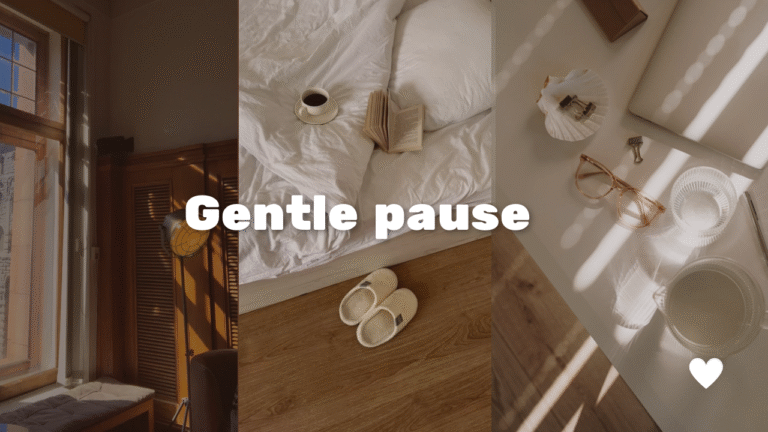Sleep is one of the most important foundations of good health, yet it’s often the first thing we sacrifice when life gets busy. You might think staying up late to finish work or scroll on your phone is harmless, but the science of sleep shows otherwise. Missing out on quality rest affects everything from your brain to your immune system and the long-term consequences are bigger than most people realize.
Understanding Sleep Cycles
When you fall asleep, your body moves through several stages that repeat in cycles throughout the night:
-
Light Sleep: The body begins to relax, heart rate slows, and muscles release tension.
-
Deep Sleep: Cells repair themselves, growth hormone is released, and the immune system strengthens.
-
REM Sleep: This is where vivid dreams happen, memory consolidates, and the brain processes emotions.
Skipping sleep means skipping these essential cycles. Without them, your body doesn’t fully recharge, and your mind struggles to function at its best.
Even one bad night can impact your mood and focus. Some of the most common short-term effects include:
• Trouble concentrating and making decisions
• Irritability and low patience
• Slower reaction times
• Increased cravings for sugar and caffeine
That’s why a sleepless night often feels like moving through the day in a fog.
Short-Term Effects of Sleep Deprivation
Long-Term Effects on Health
When poor sleep becomes a habit, the consequences grow serious. Research shows chronic sleep deprivation is linked to:
-
Weakened immunity: making you more vulnerable to colds and infections
-
Heart disease and high blood pressure: as the body stays in stress mode for too long
-
Diabetes and weight gain: due to hormonal imbalance and poor metabolism
-
Memory loss and cognitive decline: over time, poor sleep can increase the risk of dementia
Sleep isn’t just rest—it’s active repair work your body can’t do without.
There’s a strong connection between sleep and mental well-being. Without enough rest, the brain struggles to regulate emotions, leading to higher risks of anxiety and depression. On the other hand, good sleep supports emotional resilience, creativity, and a calmer outlook on life.
How Sleep Affects Mental Health
Calming Bedtime Routines
The good news is that improving sleep doesn’t always require drastic changes. Simple calming rituals can set the stage for deeper, more restorative rest:
-
Set a consistent bedtime: Going to sleep and waking up at the same time helps regulate your body clock.
-
Limit screens before bed: Blue light disrupts melatonin, the sleep hormone.
-
Create a relaxing space: Dim lights, keep your room cool, and use calming scents like lavender.
-
Wind down with rituals: Reading, journaling, stretching, or sipping herbal tea can signal to your body that it’s time to rest.
Sleep is not wasted time, it’s one of the most powerful forms of self-care you can give yourself. Missing out on quality rest affects your focus, mood, immunity, and even your long-term health. By protecting your sleep cycles and creating calming bedtime routines, you give your body and mind the reset they need to thrive.
Conclusion:
Sleep Is Medicine








